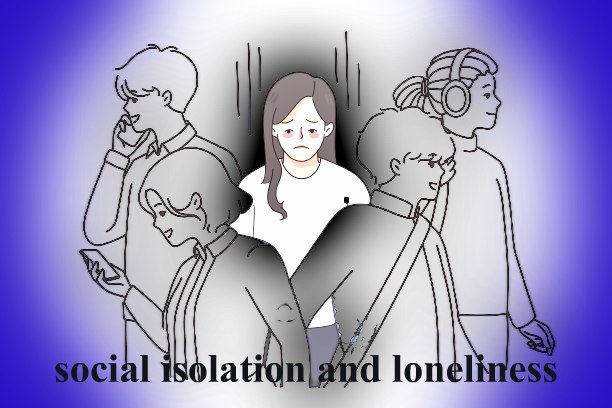The Power of Secrecy: Why One Should Be Cautious About Sharing Secrets

“Three may keep a secret, if two of them are dead.” –Benjamin Franklin
Introduction:
Secrets, by their nature, possess a certain allure. They hold the potential to create bonds, preserve trust, and offer a sense of exclusivity. However, sharing secrets is a delicate matter that requires careful consideration. In this article, we explore the reasons why one should exercise caution when it comes to sharing secrets, emphasizing the importance of maintaining confidentiality and the potential consequences that may arise from disregarding this principle.
Breach of Trust:
Secrets are often shared with the understanding that they will be kept confidential. When someone entrusts us with a secret, it is a demonstration of their faith in our discretion and integrity. Sharing a secret without permission is a breach of that trust and can result in significant damage to relationships. Once trust is broken, it can be challenging to rebuild, leading to strained connections and a loss of confidence in future interactions.
Potential Harm:
Secrets are often kept for a reason. They may involve personal matters, sensitive information, or delicate situations that require discretion. Sharing such secrets without considering the potential consequences can cause harm to individuals involved. It may lead to emotional distress, compromised privacy, reputational damage, or even legal implications. Respecting the potential harm that may arise from disclosing a secret is crucial in maintaining the well-being of others.
Ripple Effects:
The impact of sharing a secret extends beyond the immediate individuals involved. Secrets have a way of spreading, even unintentionally, and the consequences can be far-reaching. What starts as a seemingly innocent disclosure can quickly escalate into a web of rumors, misunderstandings, and unintended consequences. Once a secret is out, it becomes challenging to control its dissemination, making it essential to consider the potential ripple effects before deciding to share.
Loss of Personal Privacy:
Sharing secrets not only affects the individuals involved but can also undermine one’s own sense of privacy. When we become known for being untrustworthy with secrets, others may hesitate to confide in us, leading to a loss of personal connections and missed opportunities to strengthen relationships. Being a reliable confidant requires demonstrating respect for the privacy of others, which, in turn, helps preserve our own privacy and personal boundaries.
Legal and Ethical Considerations:
Certain secrets may involve legally or ethically sensitive information. Sharing such secrets can result in legal consequences or ethical dilemmas. For example, confidential business information, classified government data, or personal information protected by privacy laws must be handled with utmost care. Violating legal or ethical boundaries can have severe repercussions, including legal actions, professional sanctions, or reputational damage.
Conclusion:
While sharing secrets can sometimes feel tempting, it is crucial to approach this act with caution and respect. Breaching someone’s trust, causing harm, creating ripple effects, compromising personal privacy, and violating legal or ethical considerations are all potential consequences of indiscriminately sharing secrets. Maintaining confidentiality demonstrates integrity, fosters trust, and strengthens relationships. By recognizing the power of secrecy and carefully considering the implications of sharing secrets, we contribute to a culture of respect, trust, and responsible communication.






